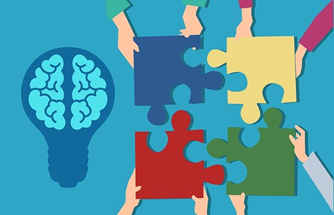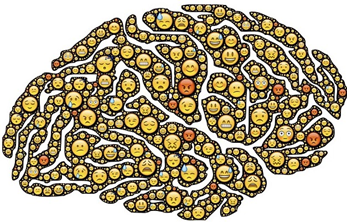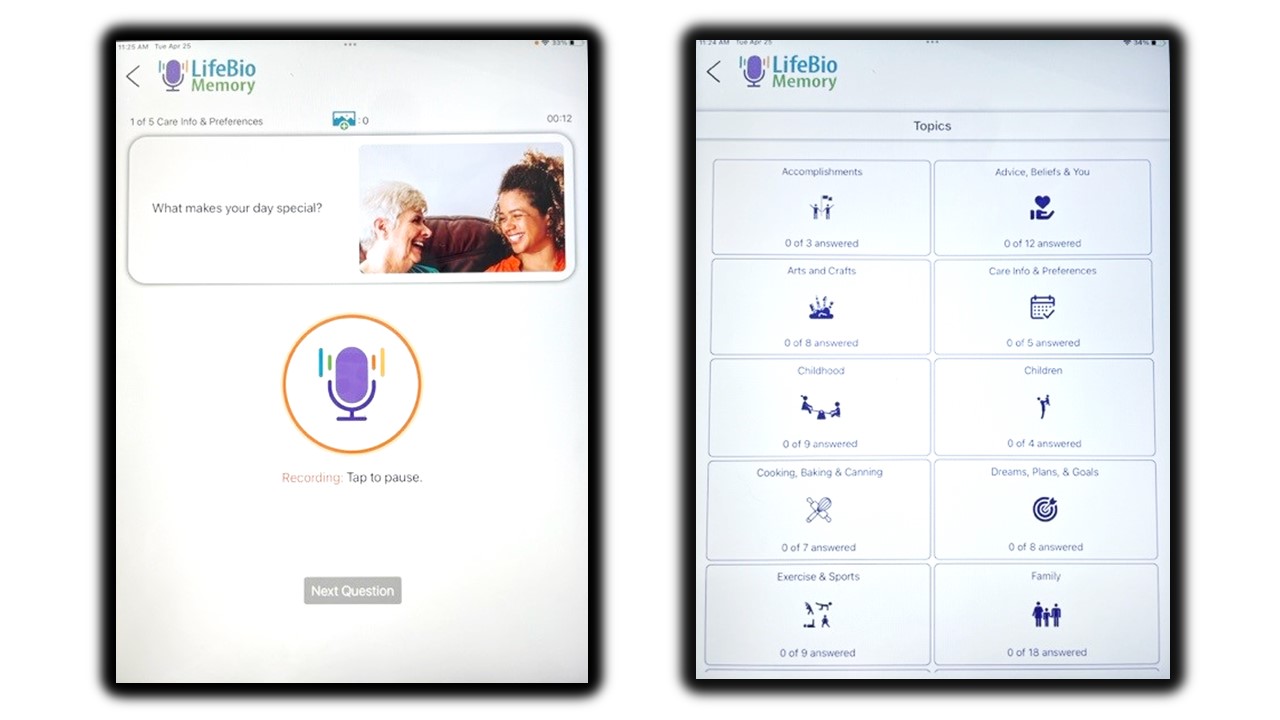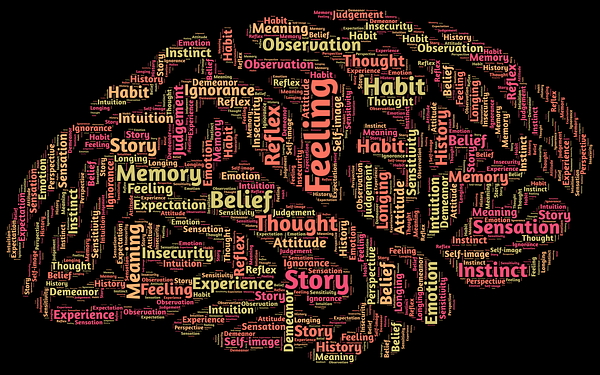Emotional Wellness- Part 2 of 2

(This is a continuation from LifeBio’s blog on Emotional Wellness from Tuesday, June 30th.)
Storytelling and Emotional Wellness
Being a storyteller allows us to have control of the story we share. When we are allowed to construct a story, we get to determine the important parts. We can choose what to include, and we can filter out things that we deem smaller or less significant. We can find the deeper meaning in it all. We get to determine the significant characters, the important events, the turning points that we tell, and how things shape us. While living through events, we can interpret them through storytelling. We can decide if and what we want to share from our story with others on our journey. Jonathan Adler, PhD and professor of psychology, says, “You may not have control over all your circumstances, but you can choose how to tell the story.”
The way in which we tell our story impacts us. Northwestern University research shows that amongst hundreds of people studied that the manner in describing things affects our well-being. The study shows that those who include “contamination stories” in which important parts of their life are described as tainted (for example, “I always wanted to be promoted, but now that I have this position, I am stressed by the responsibility and the additional workload…”) measure lower for healthy levels of emotional well-being. Whereas those who tell “redemption stories” that focus on the positive and silver linings (such as, “Losing my job was a challenge, but it allowed me to apply for a new career that I would never have otherwise considered…”) measure higher on the scale for emotional wellness.
Recalling our past adventures reinforces who we are and what our lives have meant, according to Dr. Miriam Stoppard, OBE. Sharing times past and replaying memories can allow us to live good times again. That positivity can allow us to connect with others, to feel closer to our listeners, and sometimes even to experience more clarity. Exploring our stories, whether through writing or verbally telling them, can encourage us to be more creative. We can also learn lessons, such as the importance of resiliency, how to find healing, or how to better cope through transitions in life. Storytelling can be therapeutic. It can promote being openminded, optimistic, and even setting goals or steps to achieve our goals.

How Does LifeBio Help with Emotional Wellness?
1) LifeBio aids people of all ages in sharing their personal stories. LifeBio uses reminiscent questions, or reminiscence therapy, to guide people through fondly remembering things from their past, as far back as their childhood and school days. We give storytellers the opportunity to use their creativity and to focus on uplifting stories from their lives. We encourage biographers to share stories of overcoming difficulties, lessons learned from life experiences, and to include people who have positively impacted their lives. Some narrators even choose to share about painful past events, in order to make peace and find healing that brings more positivity. Storytellers can share their goals and dreams for the future, and there are questions that focus on sharing gratitude and life accomplishments. We offer online templates and printed journal prompts to guide people in telling their autobiography. For people who want more assistance, we offer telephone interviews to help capture your life story. LifeBio can create recordings of your storytelling and make a printed book with your written story and submitted photos. Storytellers can then further bond with others around them through sharing their personal story and lasting legacy.
2) LifeBio offers MyHelloLine, a loneliness intervention that increases social connectedness through weekly telephone calls. MyHelloLine helps reach people who are alone and possibly facing stress and anxiety. Telephone calls use reminiscent questions to engage people in uplifting conversations about their past, present, and future. Some topics include discussing their childhood memories, work experiences, family relationships, historical events that have impacted their lives, and their beliefs and values. Participants can choose to partake in weekly group calls on one specified topic per week, in person-to-person calls centered on other weekly topics, or through weekly check-in calls with a trained MyHelloLine agent. Through the 15-, 30-, or 60-minute phone conversations, loneliness and emotions like sadness can be decreased through making social connections. In conversation, people can practice self-reflection and share things that are important to them. Isolation is lessened while increasing engagement, positivity, and better emotional wellness.
3) LifeBio encourages person-centered care in order to improve health outcomes in health care and senior living settings. When working with senior residential communities, LifeBio helps build stronger connections between residents and staff. LifeBio suggests and encourages individualized activities in order to increase happiness, social connections, and well-being. LifeBio generates senior biographies to aid in more personalized care. Through decreasing negative feelings like loneliness and sadness, while increasing positive things like encouraging people to share what is important to them, we assist in improving residents’ emotional and physical well-being. We offer online staff training and engagement tools for organizations to use when learning about a person’s background along with their care needs, especially for elder adults or people living with Alzheimer’s, Dementia, memory problems, or communication challenges.

How people feel can affect their ability to carry out daily activities, their relationships, and their overall mental health. With time, how people react to their personal experiences and feelings can change and evolve. Emotional wellness is the ability to successfully handle difficulties, changes, and stresses in life. It denotes living well, despite the ups and downs of life. It means knowing that you are not defined by your emotions, while still being able to feel the wide array of human emotions. It is living fully and being able to find good in each day. Being emotionally well can help create and maintain happiness and is a foundation for success and a quality life.
To discuss how LifeBio can best help you reach and maintain your emotional wellness goals, please contact us online at https://www.lifebio.org/, via email at info@lifebio.com, or via telephone at 1-866-LIFEBIO (1-866-543-3246).
Sources:
https://www.realsimple.com/health/mind-mood/emotional-health/creating-personal-stories
https://www.stannah.co.uk/lifestyle/the-benefits-of-storytelling-for-our-wellbeing/
https://www.nih.gov/health-information/emotional-wellness-toolkit
https://www.healthyplace.com/self-help/self-help-information/what-emotional-wellness



